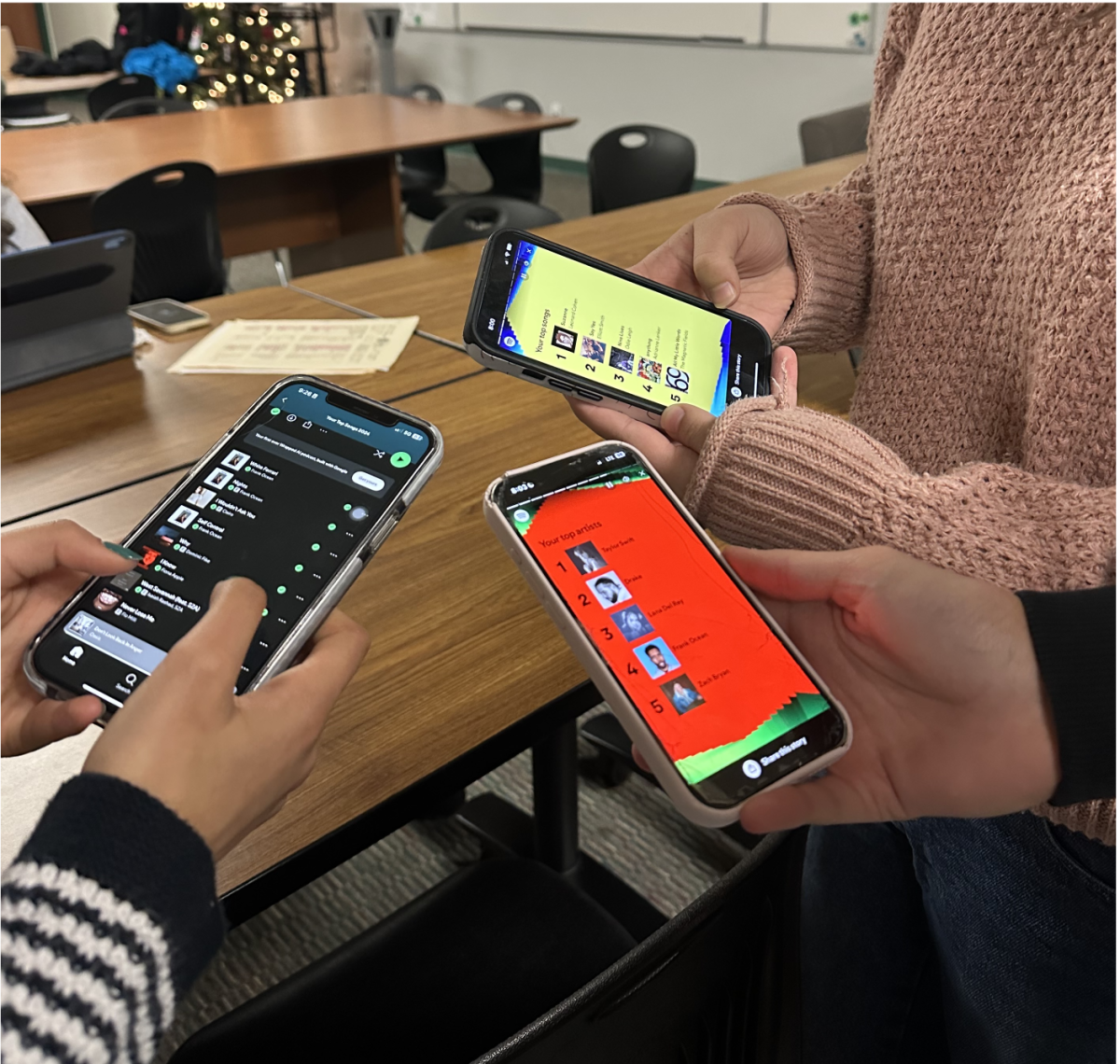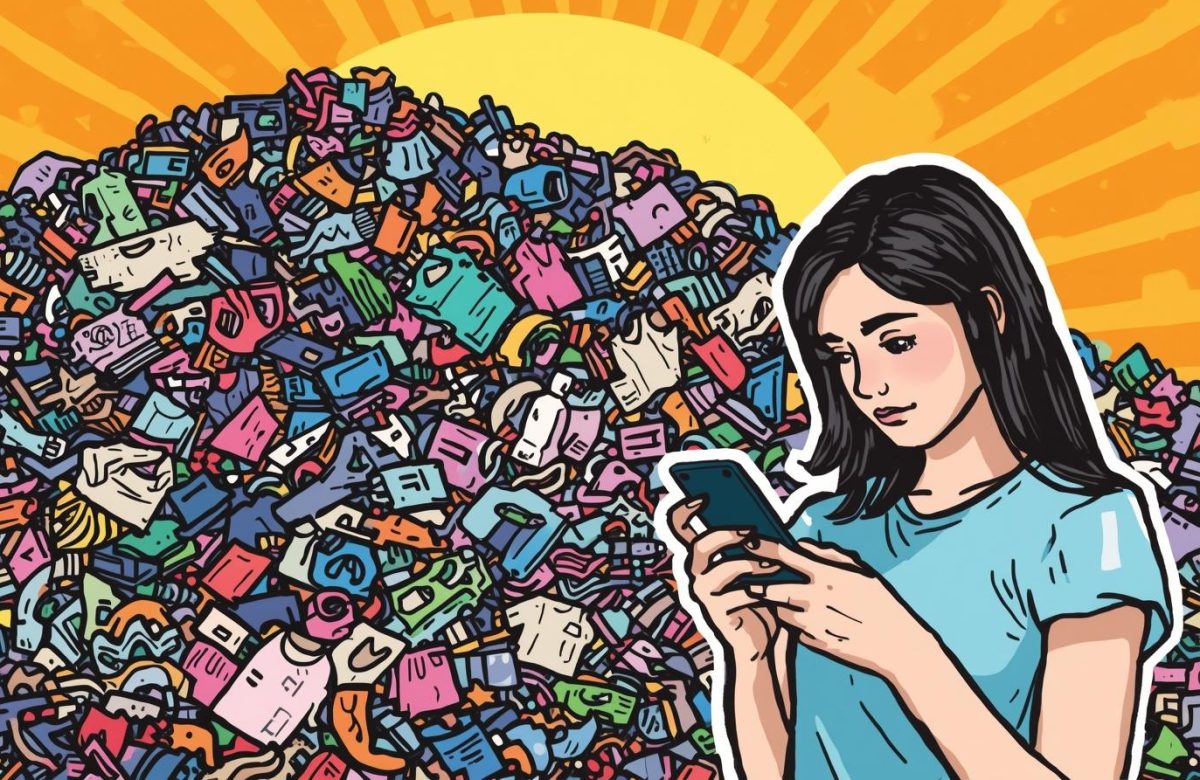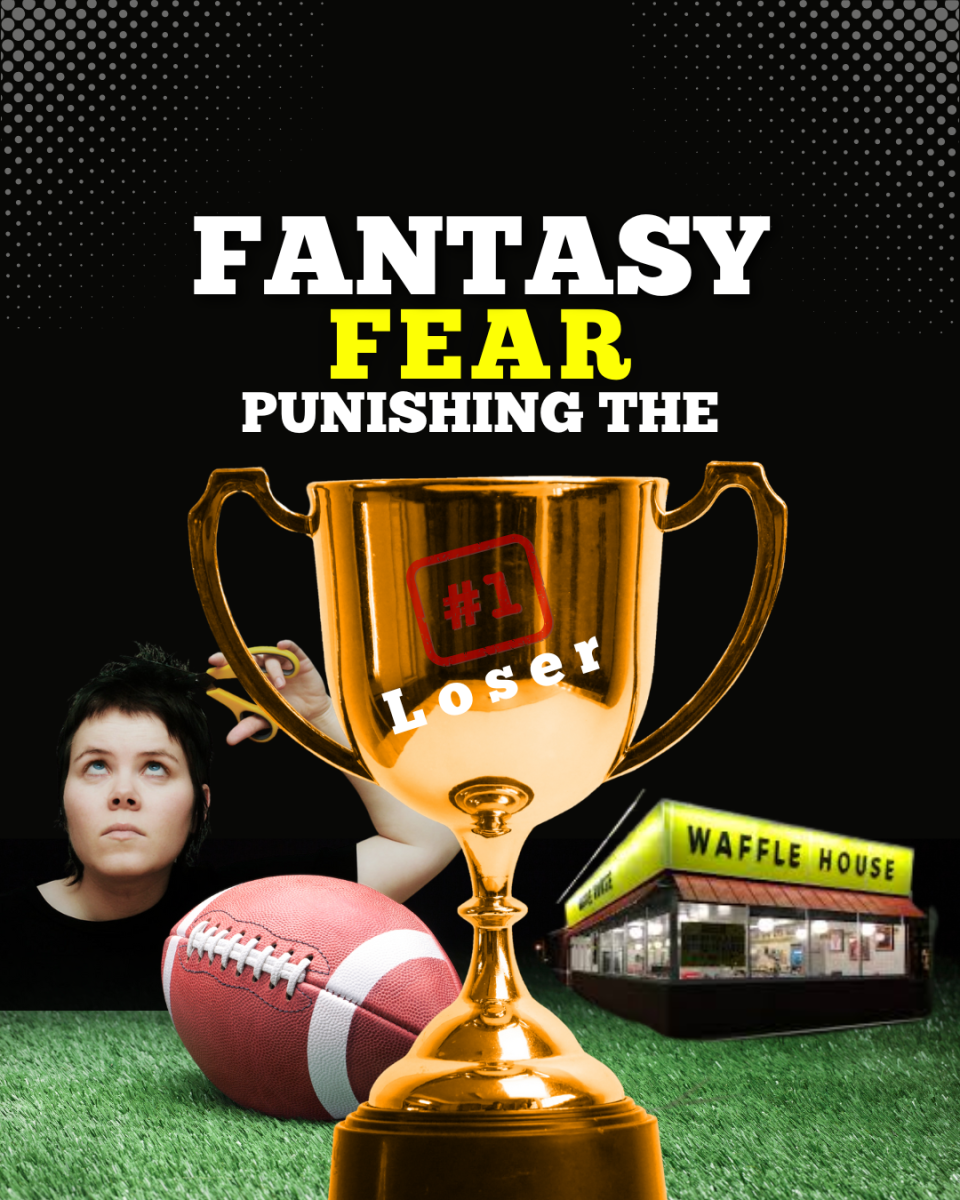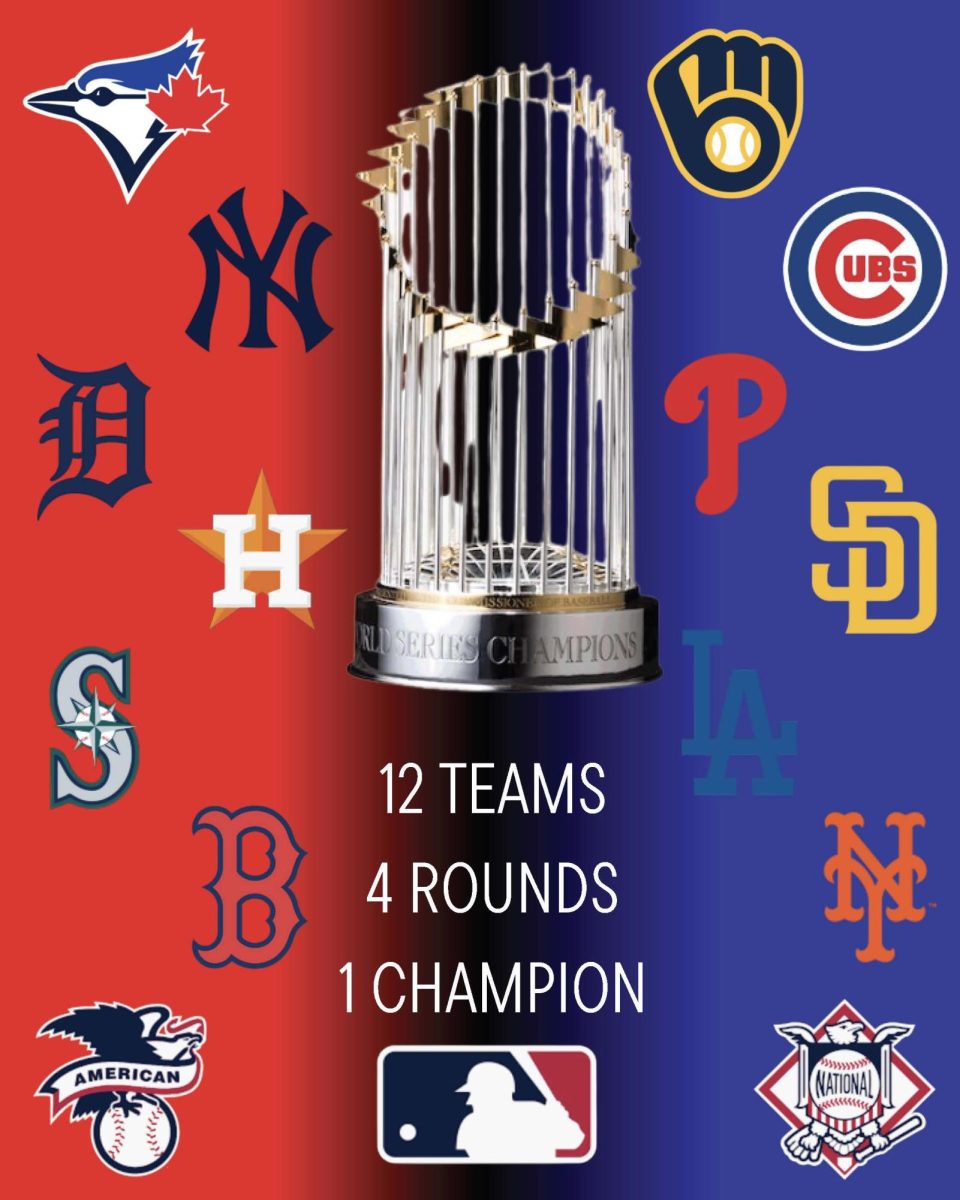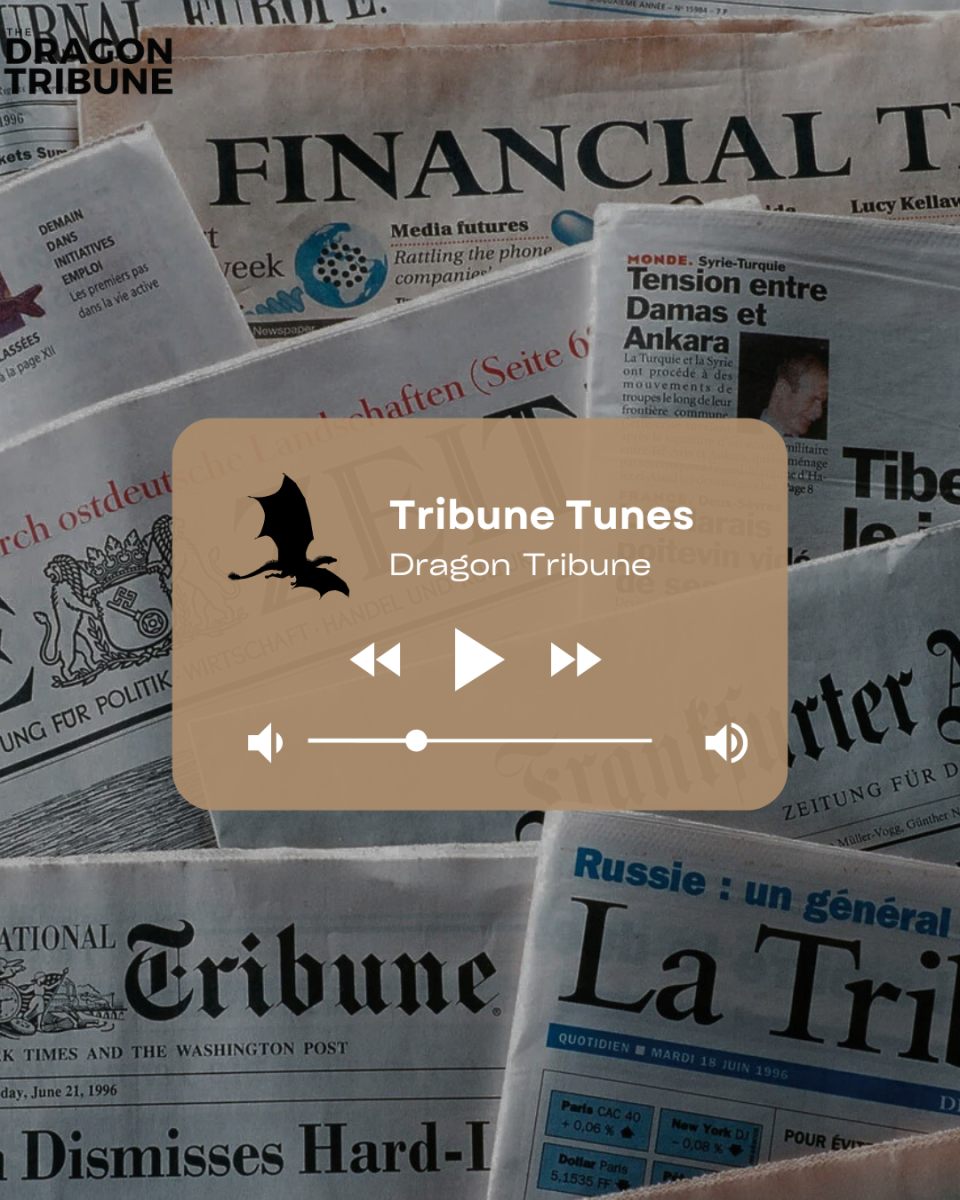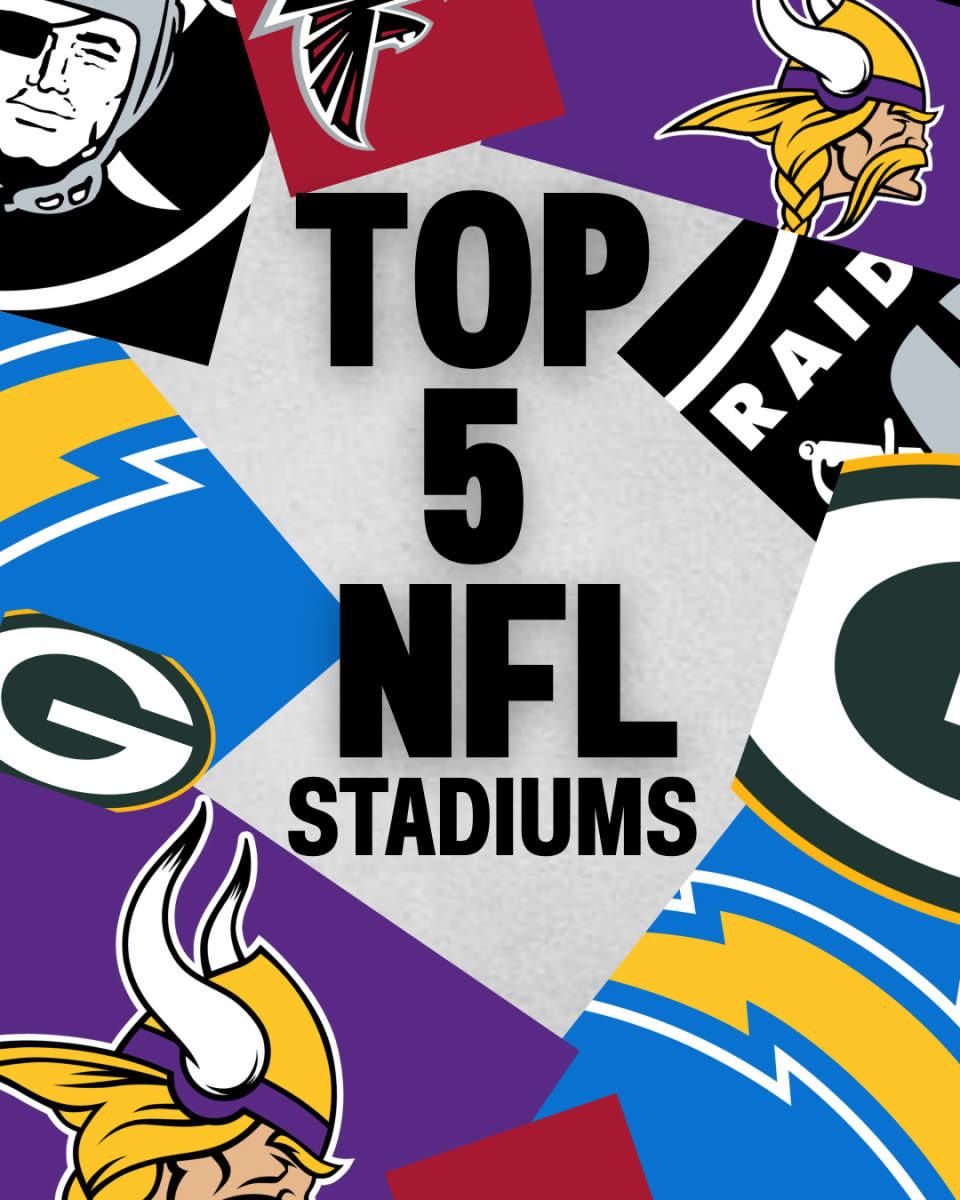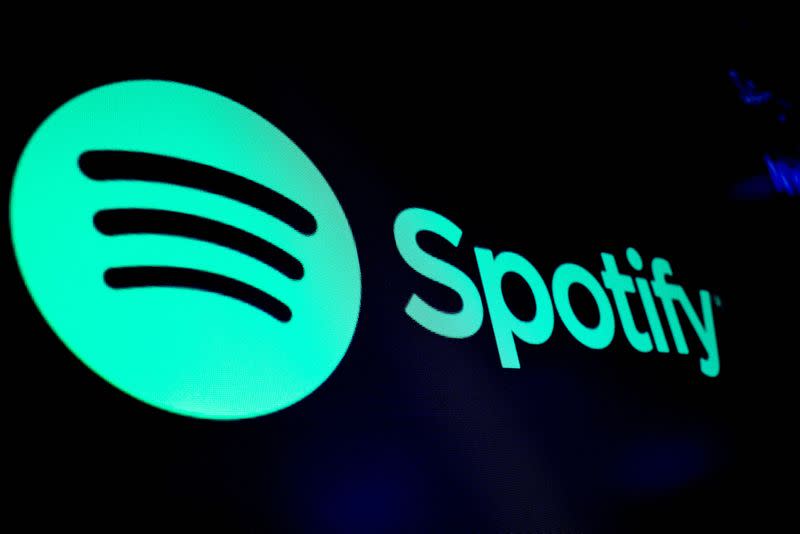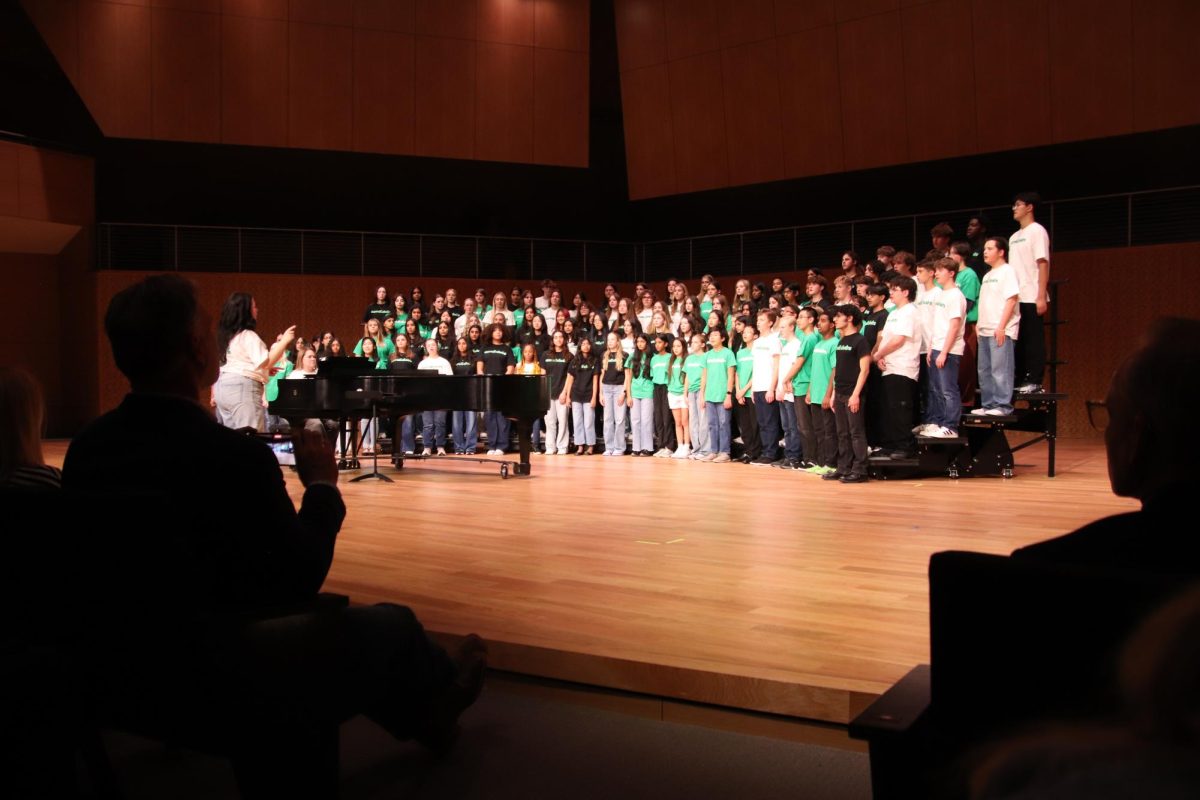It’s no secret that many of us use social media to display a strategically curated collection of the more flattering moments of our lives. Lately, though, this aspect of social media has infected what was formerly the purest form of human consumption and enjoyment: art. In recent years, music and movies have been reduced to ammunition in the battle of who can present themselves most perfectly online.
One social media event people are currently discussing is the release of Spotify Wrapped, an overview of individual Spotify users’ listening trends which is released towards the end of every year.
Wrapped has gone from being a simple music report to a token of social status– a token so arbitrary it makes me wonder its true significance. Is it simply the result of a database crunching our numbers or does it stand as a representation of our overall social identities? For more and more people, it seems the latter is becoming the case.
Every year, I click through the seemingly endless number of Instagram stories showcasing everyone’s top five songs and wonder who really cares what they are. Typically, I swipe through them too quickly to register what the songs are, let alone judge them. I think this is likely how most people are on Wrapped day.
We don’t have time to judge other people’s listening habits, yet we offer up our own in order to gain social capital. We insist on trying to let this machine’s analysis define us. So much so that we deny the algorithm, claiming it doesn’t accurately portray our music taste.
There’s no reason to protest the results, insisting that you haven’t listened to that artist since the beginning of the year or that you let someone else use your account one too many times. Given that the algorithm’s entire job is to count the number of times you have listened to each song, or how many minutes you have spent listening to each artist, its findings of which songs and artists are your favorite are relatively indisputable.
Of course, the simple solution to not liking your Wrapped is to not post it on your socials and pray no one asks you who your top artist is. If something in your Wrapped really bothers you, though, I encourage you to ask yourself why you feel that way.
I don’t mean to boil something as artistic as music down to ones and zeros, but the truth is the music you listen to does say a lot about who you are. This identity doesn’t come from creating the handpicked collection of perfectly niche artists and their perfectly underground music, but rather from listening to the music that you truly enjoy.
Just as music has become a way for people to construct their identities, movies have taken on the same performative role.
Though several social media platforms have long been used as a space for people to give unfiltered feedback of the latest entertainment, some social networking sites were created solely for movie reviews and discussions. Letterboxd, perhaps the most famous example, is an app in which users review movies, rate them, and pin their favorites to their profiles.
Though the Letterboxd app came out in 2011, it gained increased popularity among the younger generation in recent years. This suddenly gained traction can be explained by the growing dependence on social media.
Letterboxd’s appeal is undeniably shaped by its performative nature, as users curate their profiles and movie lists for an audience, often with an eye toward crafting a certain image or persona. In true social media fashion, the reviews on the app are subject to likes and comments, making them as much about social validation as they are about film analysis.
These theatrical elements turn Letterboxd into more than just a private record of films watched; it becomes a platform where one’s pop cultural knowledge and aesthetic preferences are on display for others to judge, adding a layer of social performance to the art of film appreciation.
When it comes to apps like Letterboxd, are we really watching films, or are we just watching each other watch films?
Why do we watch movies? Why do we listen to music? Once upon a time, the answer to these questions may have been a simple “because we like to”. Now, however, in the golden age of social media, things have become so convoluted that so many consume media for the sole purpose of telling people that they have done so.
